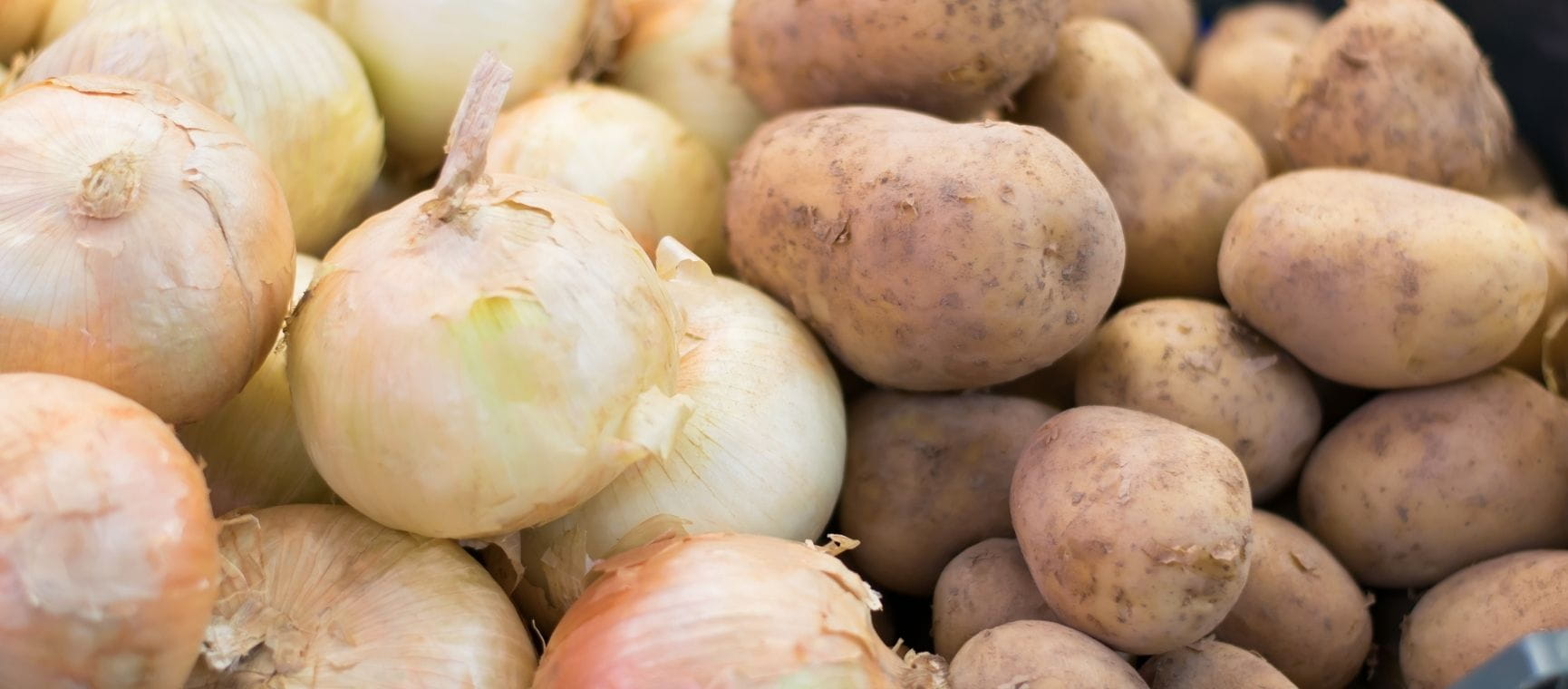
The price of food has soared over the past few years which has left us being extra careful with what we buy – and what we throw out.
That last thing we want is for food to go off before we have a chance to eat it, but did you know if you store certain foods together they will spoil faster? And some foods can affect the taste and texture of others if they are kept side by side.
They are all foods we commonly store together, but we’ve got the expert advice on the five food pairs that should never be stored together.
Sustainability writer Rae Ritchie explained the biggest problem with food storage is caused by ethylene, a gas produced by some fruits and vegetables as they ripen.
She explained: “Ethylene is a plant hormone that plays an essential role in the ripening process, making produce more edible, whether it’s a tomato turning green to red or a banana going from hard to soft.
“However, because fruit and vegetables release ethylene as a gas, it can affect other nearby produce. While some fruits and vegetables are big emitters of the gas, others are particularly sensitive to it. For the latter, exposure to the gas from other produce can reduce its shelf life.”
However she added that keeping them separate is very simple.
“Given how big the problem of food waste is, though, it’s worth making some simple changes to how you store fresh food to maximise its longevity. It’s good for your carbon footprint and good for your wallet.
“You don’t need elaborate storage solutions to do this,” she said. “For items that go in the fridge, simply stick them in different drawers or on different shelves.”
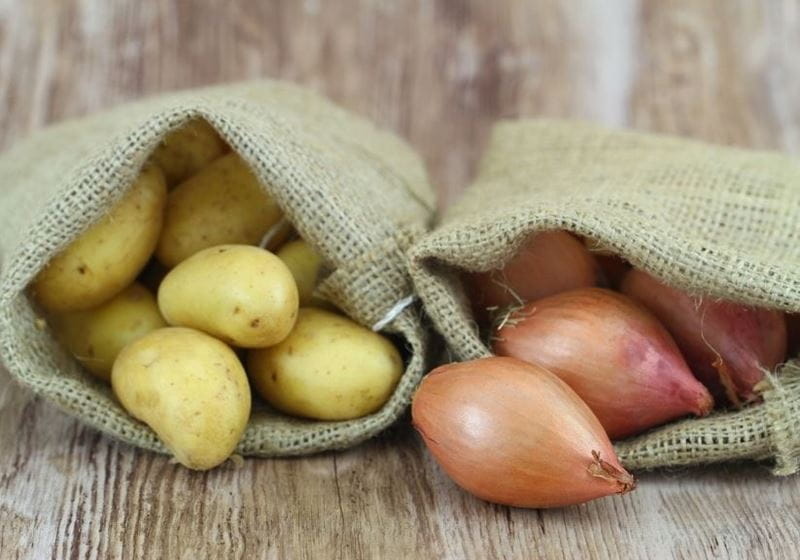
So many of us store these two vegetables together, but they should always be stored separately.
Onions release ethylene which will make any root vegetable spoil faster. So if you keep these two together, don’t be surprised to see your spuds sprouting within days.
Onions also have a strong smell that can flavour the potatoes – a better companion for onions is garlic as they can be stored near each other without ripening or spoiling.
And if that doesn’t convince you to keep them apart, both onions and potatoes release moisture as they ripen which means they are doubly-bad bedfellows.
Potatoes – Store in a cool dark and well ventilated place, such as a pantry. A temperature range of 7-10°C (45-50°F) is ideal. Don’t store potatoes in the fridge as the cold can convert their starches to sugar affecting their taste and texture.
Onions – Store in a cool, dry, and well-ventilated area, away from potatoes. Onions prefer slightly warmer conditions than potatoes, around 13-18°C (55-65°F). Avoid storing onions in plastic as this will trap the moisture they release and they can become mouldy.
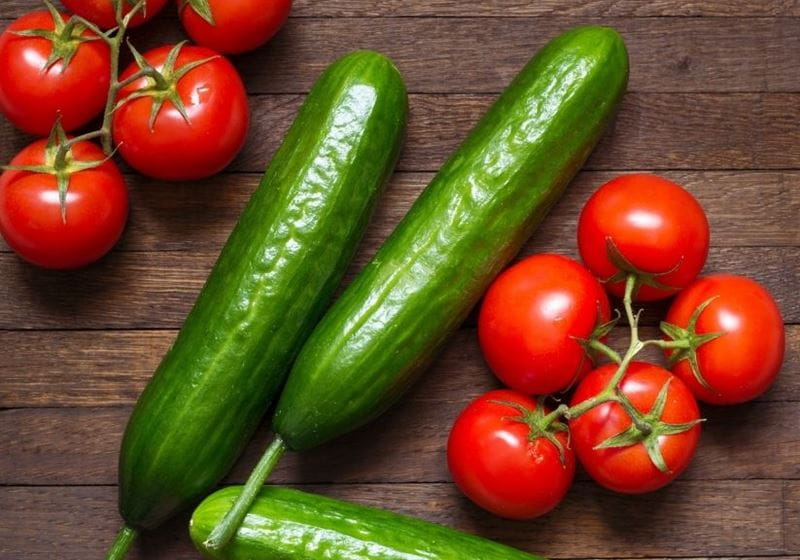
Tomatoes are high emiters of ethylene and cucumbers are highly sensitive to it. The gas can make them soft and yellow and go off faster than you would expect.
Even though these two foods are perfect taste pairings, they need to be stored separately.
Tomatoes – store at room temperature away from direct sunlight. Keeping them stem-side down can also help prolong their freshness. Once cut, tomatoes should be refrigerated to slow down the spoiling process.
Cucumbers – store at temperatures between 7-10°C (45-50°F). Many cold fridges will actually damage them, as if they are stored at temperatures below 4°C (40°F) they can develop chilling injuries, which manifest as water-soaked spots and a shortened shelf life.
Ethylene-resistant foods include – cherries, pineapples, grapefruit and blueberries.
Ethylene-sensitive foods include – asparagus, cucumbers, broccoli, spinach, lettuce, cauliflower and mushrooms.
Ethylene-emitting foods include – apples, potatoes, pears, plums, nectarines, mangoes, bananas, avocados, melons (not watermelons) and tomatoes.
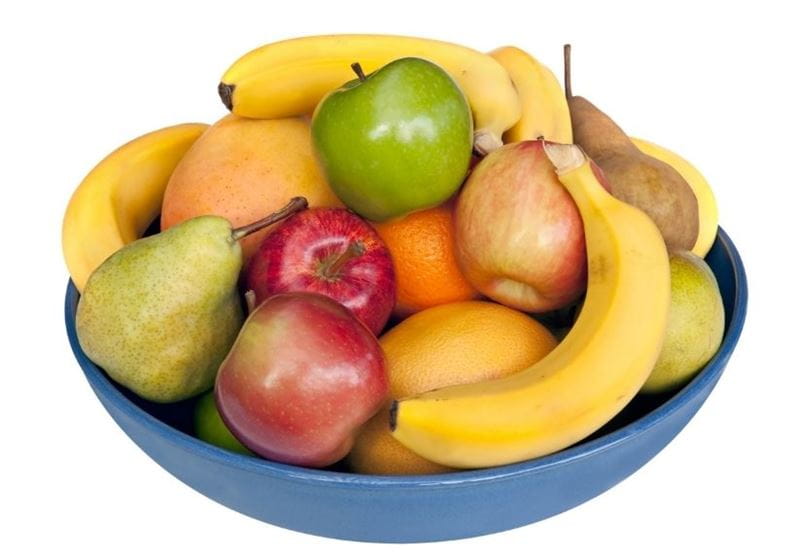
Bananas are commonly stored in a bowl along with other fruits. But did you know that they are one of the biggest emitters of ethylene as they ripen?
This can be great if you need to ripen other fruit or vegetables. Many of us have put bananas in a paper bag with avocados or other fruit to make them ripen faster. But if you don't want them to over-ripen the rest of your fruit bowl, you need to find somewhere else to store this popular fruit.
Store at room temperature away from other fruits. If you have ripe bananas that you want to keep longer, you can refrigerate them.
While the peel may turn brown, the fruit inside will remain fresh for a few more days.
Keep in a separate fruit bowl or the refrigerator, depending on the type of fruit. For example apples, pears, and peaches can be kept at room temperature until they ripen, then moved to the fridge to keep them for longer.
Berries and grapes should be refrigerated immediately.
Experts from Plumbnation added: “Understanding how to store delicate items like berries can make a big difference. Rinse berries only before eating to avoid excess moisture that can lead to mould.
“Store them in a single layer on a paper towel inside a container to keep them dry and fresh. This small effort can keep your berries from spoiling too quickly.”
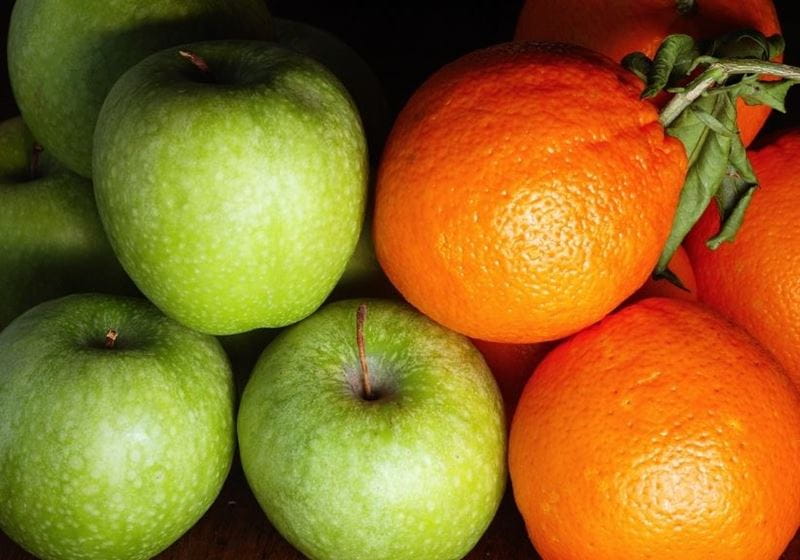
Ever wondered where the phrase “bad apple” comes from? Apples are another of the biggest emitters of ethylene and can “turn” susceptible fruit around them.
Oranges are commonly stored with apples in a fruit bowl, but the ethylene doesn’t just make the oranges spoil faster, it can also cause them to develop a bitter taste.
If that isn’t bad enough, the gas can also toughen their skin. Not great when oranges now cost an average of 25p each from supermarkets.
Apples – store in the refrigerator’s crisper drawer or a cool, dry place. If you have a large quantity of apples, consider placing them in a single layer to prevent bruising. Apples can last several weeks when stored in a cool, humid environment.
Oranges – store in a cool, dry place or the refrigerator, away from apples. Oranges prefer slightly warmer storage temperatures than apples, around 4-7°C (40-45°F). Keeping them in a mesh bag can help maintain good air circulation and prevent mould growth.
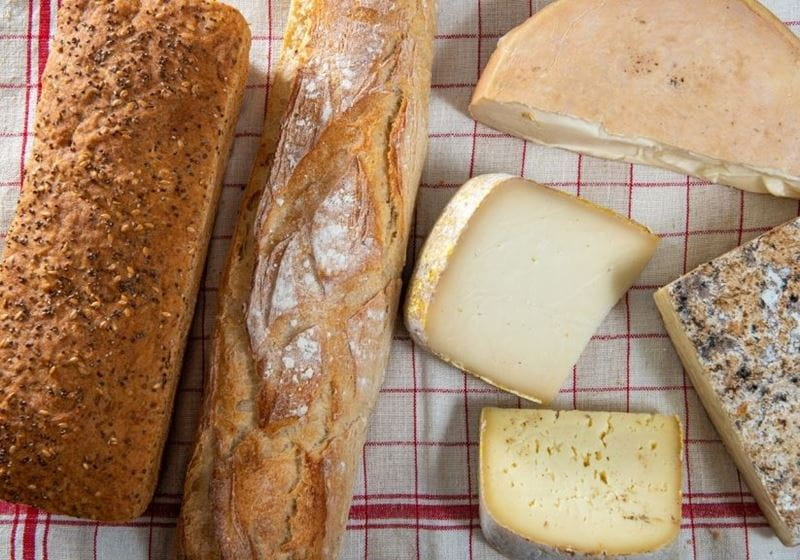
Bread can absorb moisture from cheese making it soggy and mouldy and leaving the cheese dry.
Cheese can also take on odours and flavours from the bread which can affect its taste. These two benefit from very different storage environments – the fridge is the perfect place to store cheese, while that cold climate will make your loaf go stale.
Bread – store in a bread box or a cool, dry place. Bread should be kept in a breathable environment to prevent moisture build-up – don’t be tempted to store it in the fridge. If you need to keep it longer, consider freezing it. If you slice the loaf before freezing you can take a slice or two out as and when you need it.
Cheese – store in the fridge, wrapped in wax paper or parchment paper, inside a plastic bag or airtight container. This will maintain its quality and help prevent it from drying out. Hard cheeses can last for several weeks, while softer cheeses should be consumed within a few days of opening.
We know you haven’t reached the age you have without knowing this, but it would be remiss not to include it. Uncooked meat should always be stored separately to other foods.
True Bites Family Butchers says: “The best place to store raw meats, poultry and fish is in the drawer at the bottom of your fridge so that it cannot leak or drip onto your ready to eat foods.
“It is often assumed that the bottom draw in a fridge should be used for keeping salad, but if you have raw meat in your fridge you should definitely not be storing any salad, or anything else that's ready to eat, underneath it.
“Ideally, your meat should be stored unopened in its original packaging, so you are aware of any use by dates or specific cooking instructions.”
Phillipa Cherryson is senior digital editor for Saga Magazine. Phillipa has been a journalist for 30 years, writing for national newspapers, magazines and reporting onscreen for ITV. In her spare time she loves the outdoors and is an Ordnance Survey Champion and trainee mountain leader.
View author page
Find out about Saga's gastronomy holidays here...
They say the way to the heart is through the stomach, and Saga’s thoughtfully crafted food and wine holidays are perfect if you like trying new flavours and exploring traditional methods of cooking.

Click below for your chance to sail through Germany on board Saga’s stunning new ship, Spirit of the Moselle, worth £2,519pp.
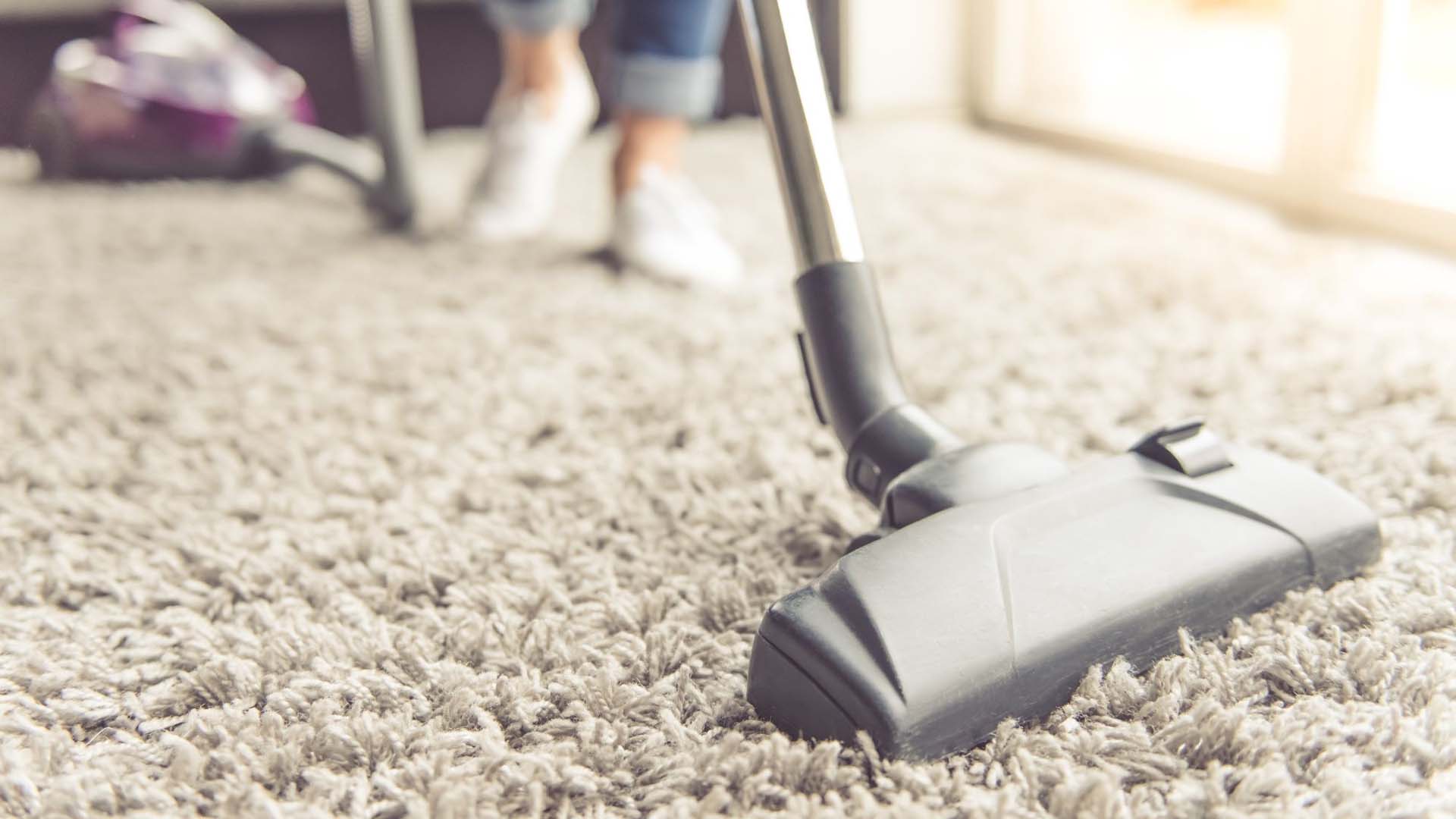
Learn how to avoid the most common vacuuming mistakes to ensure that your floors are spotless and free from allergens.
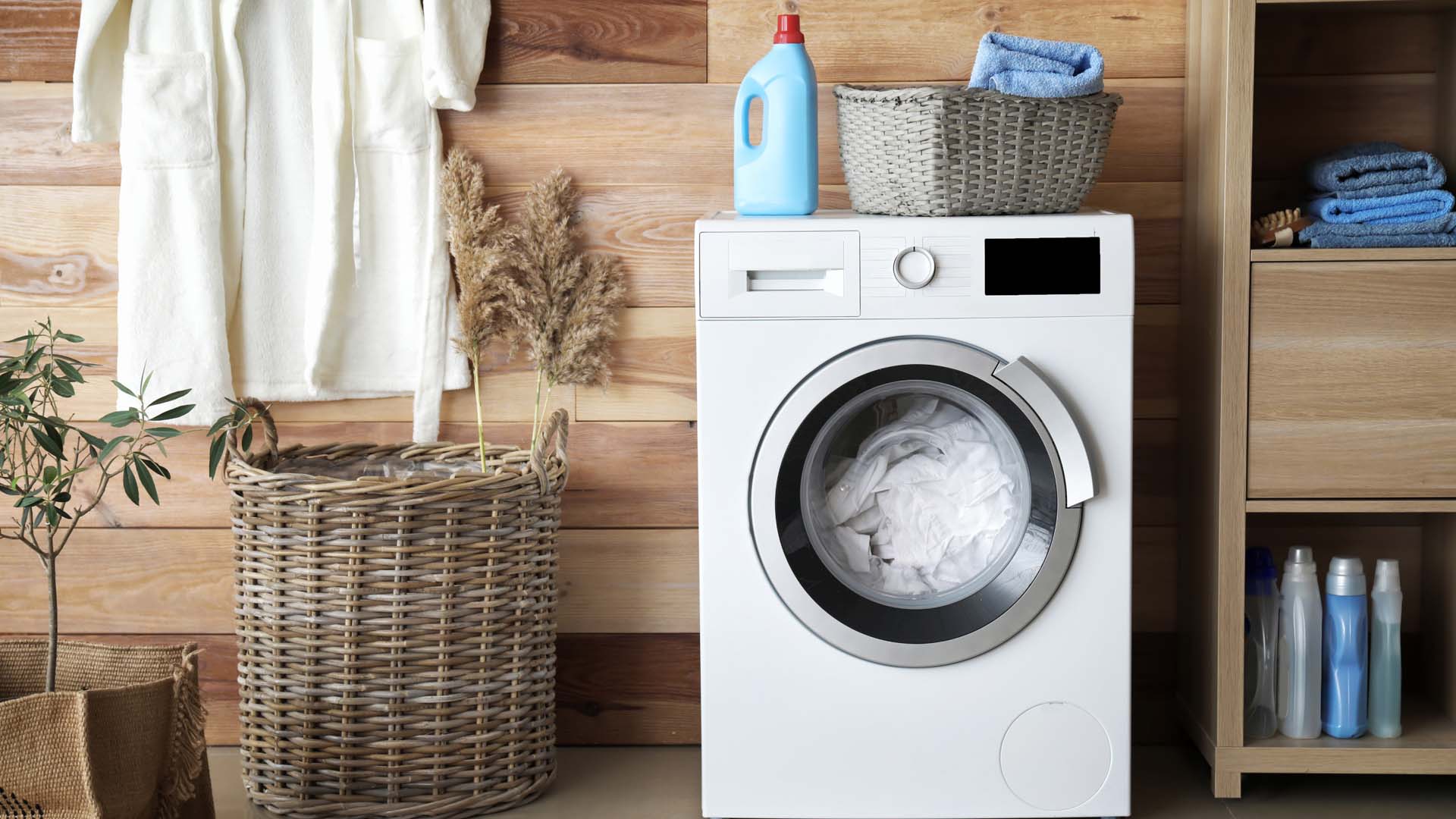
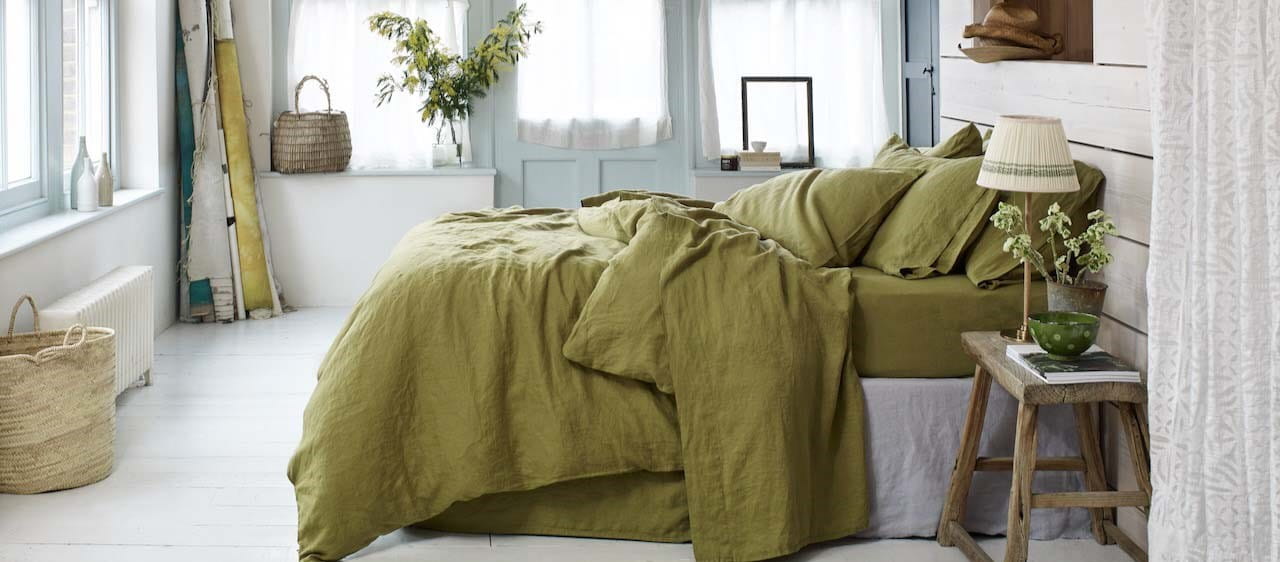

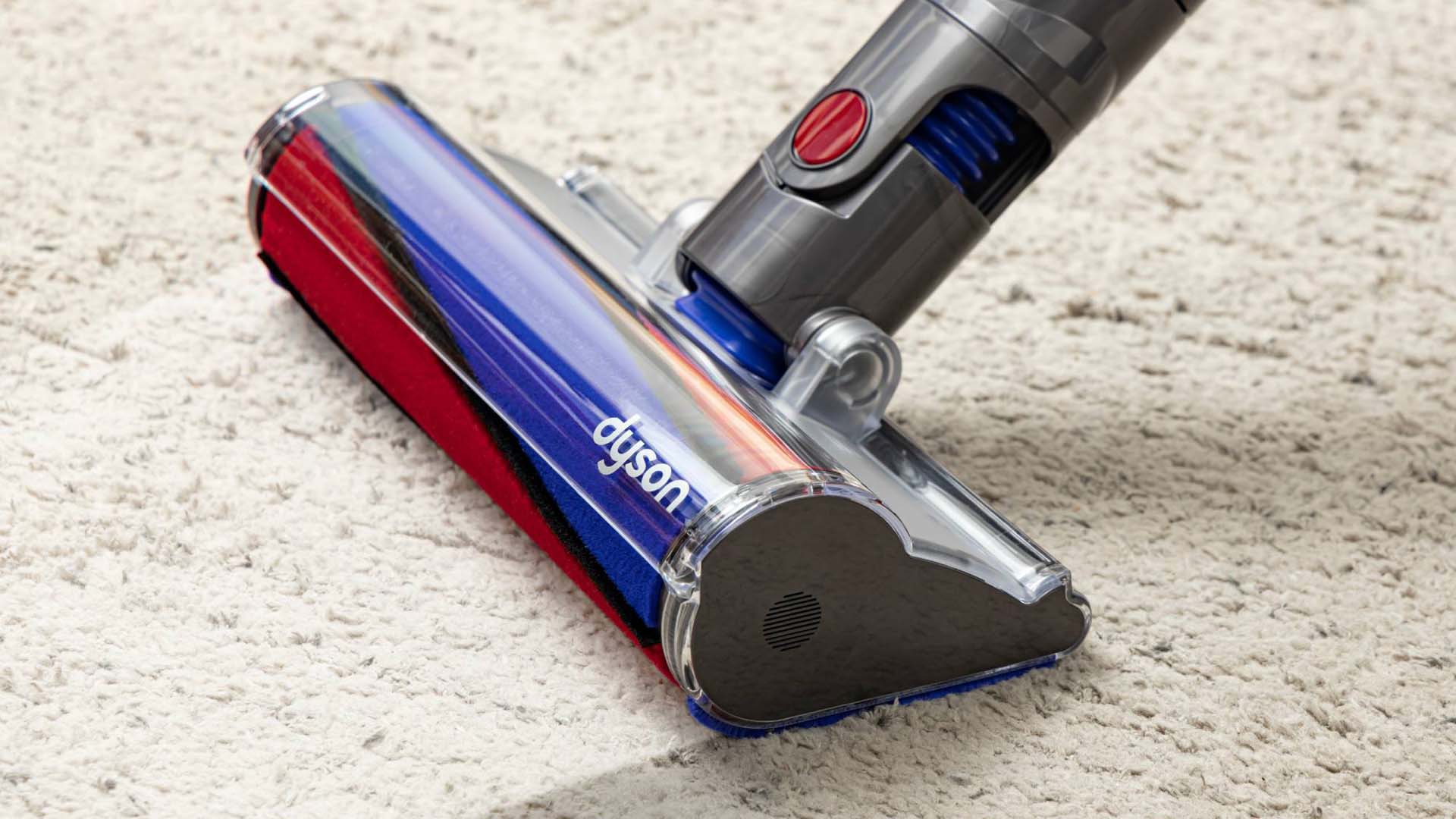
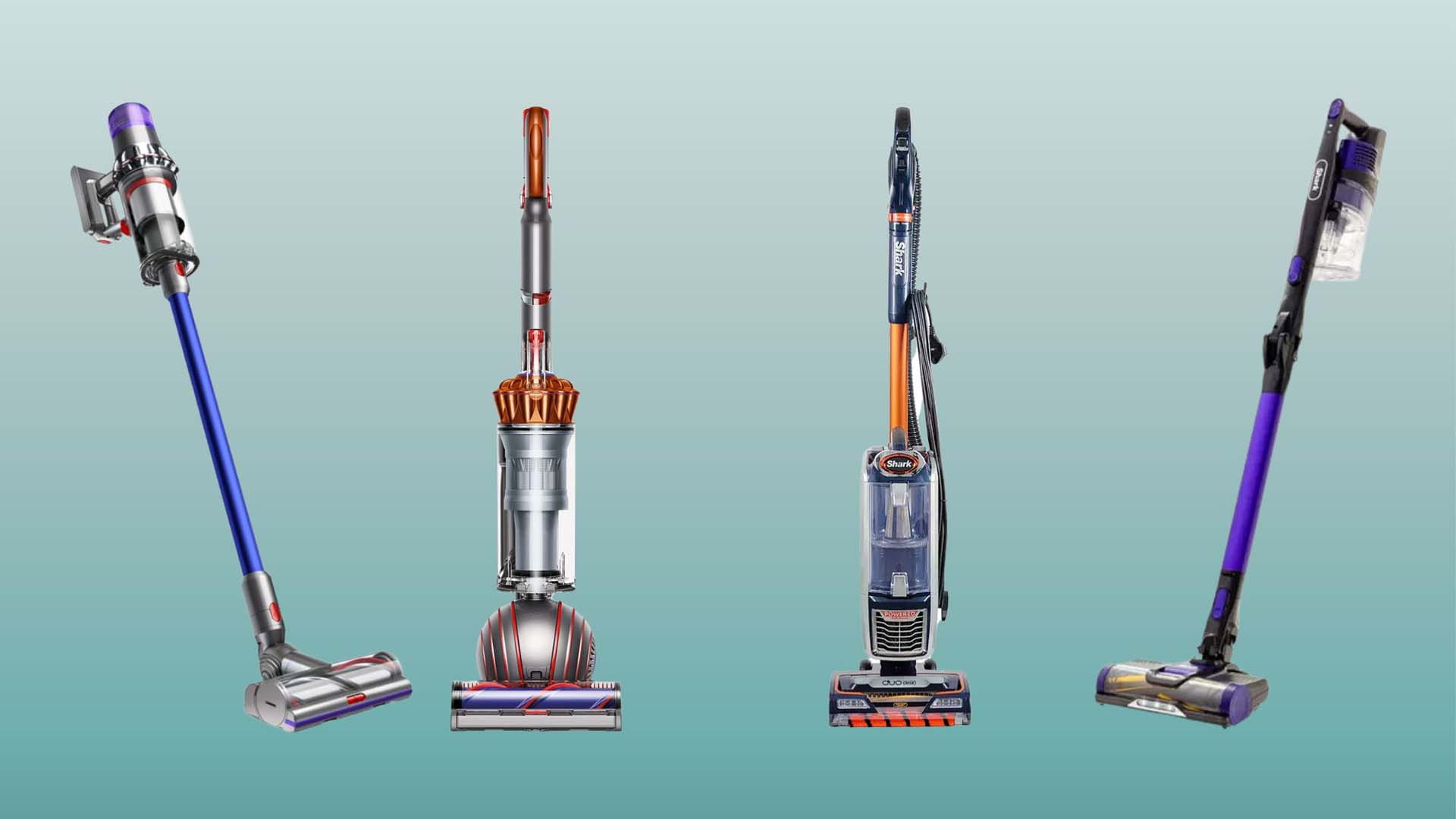

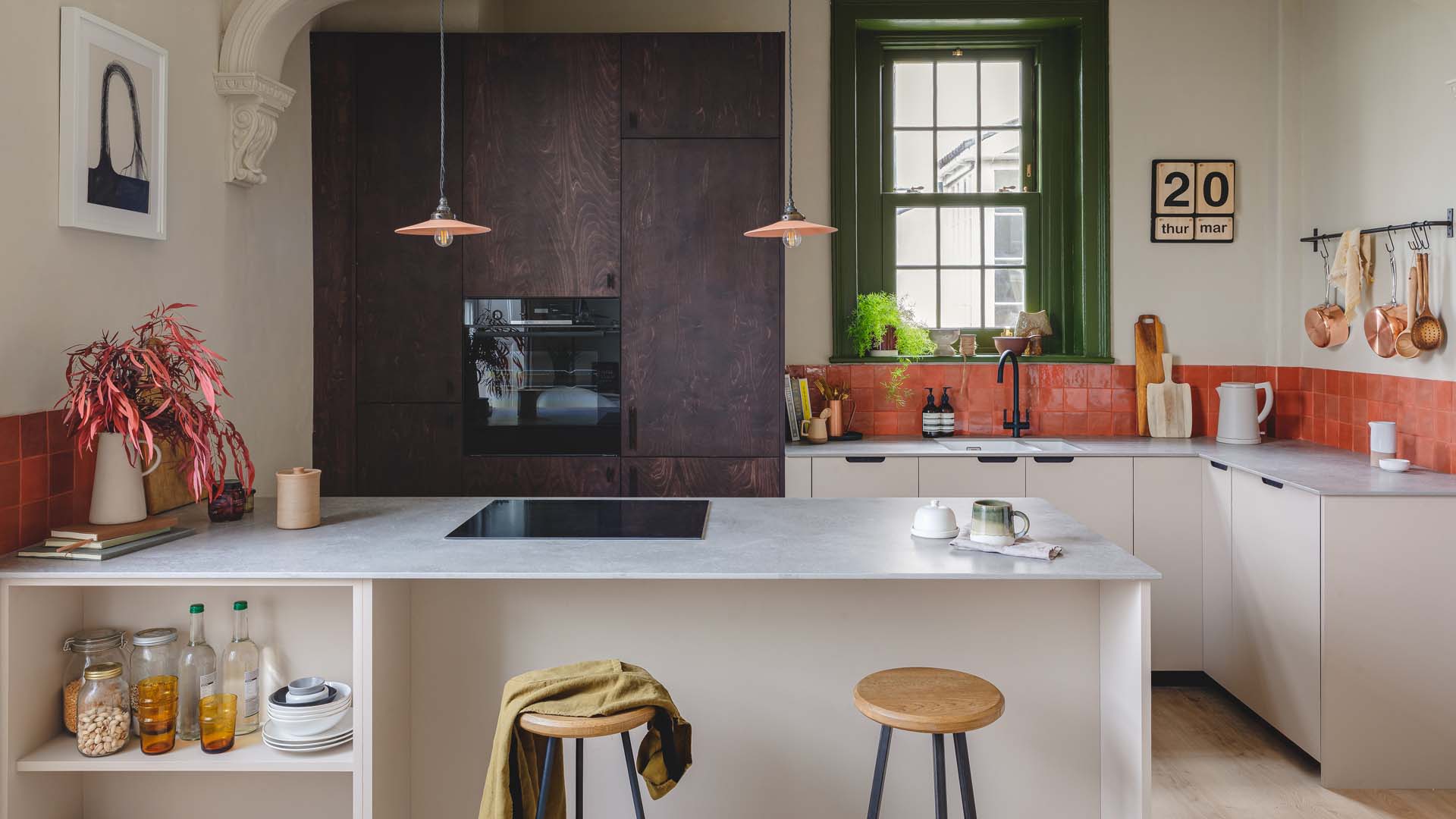

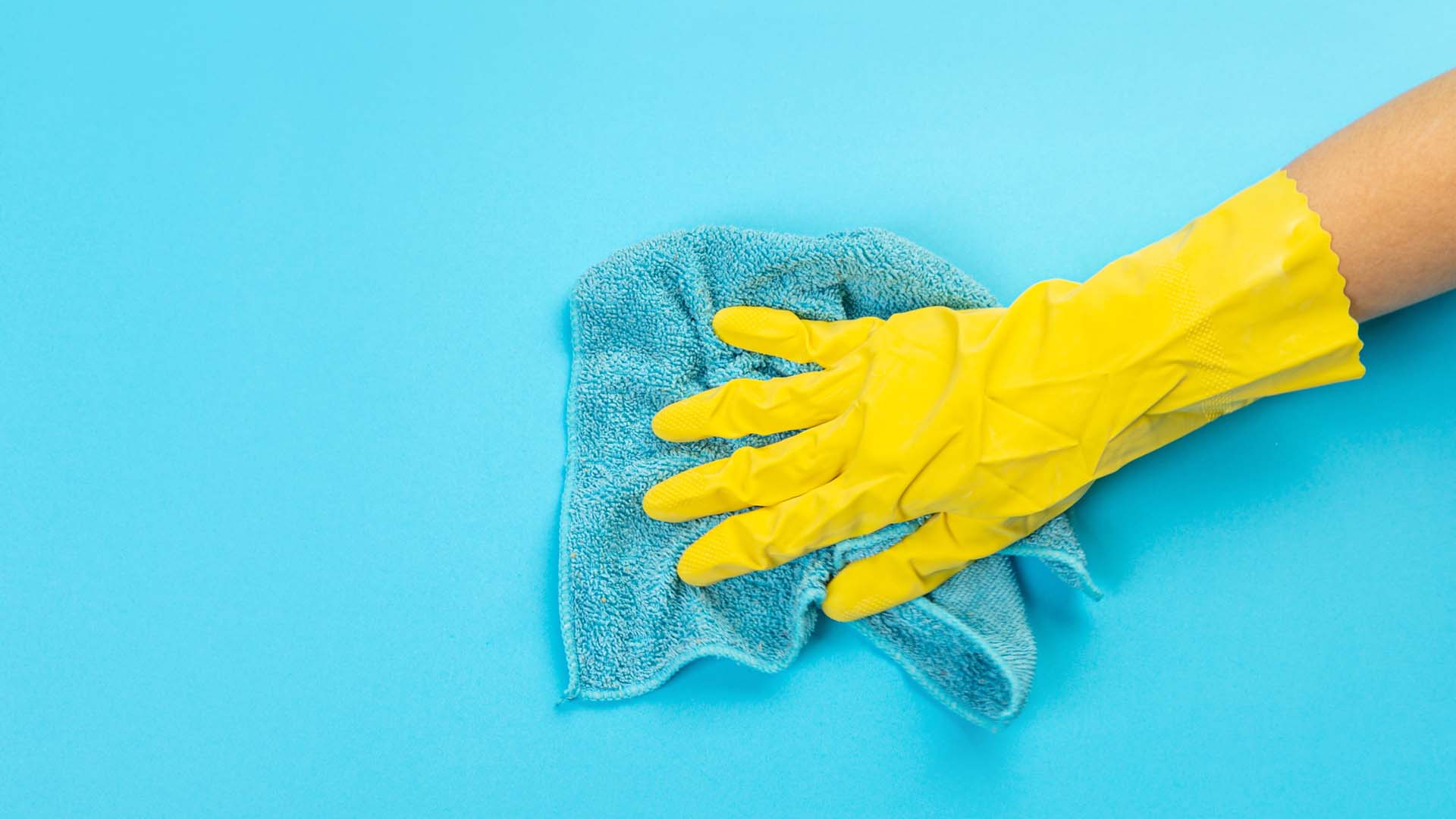

Create the perfect vista with our window cleaning tips.
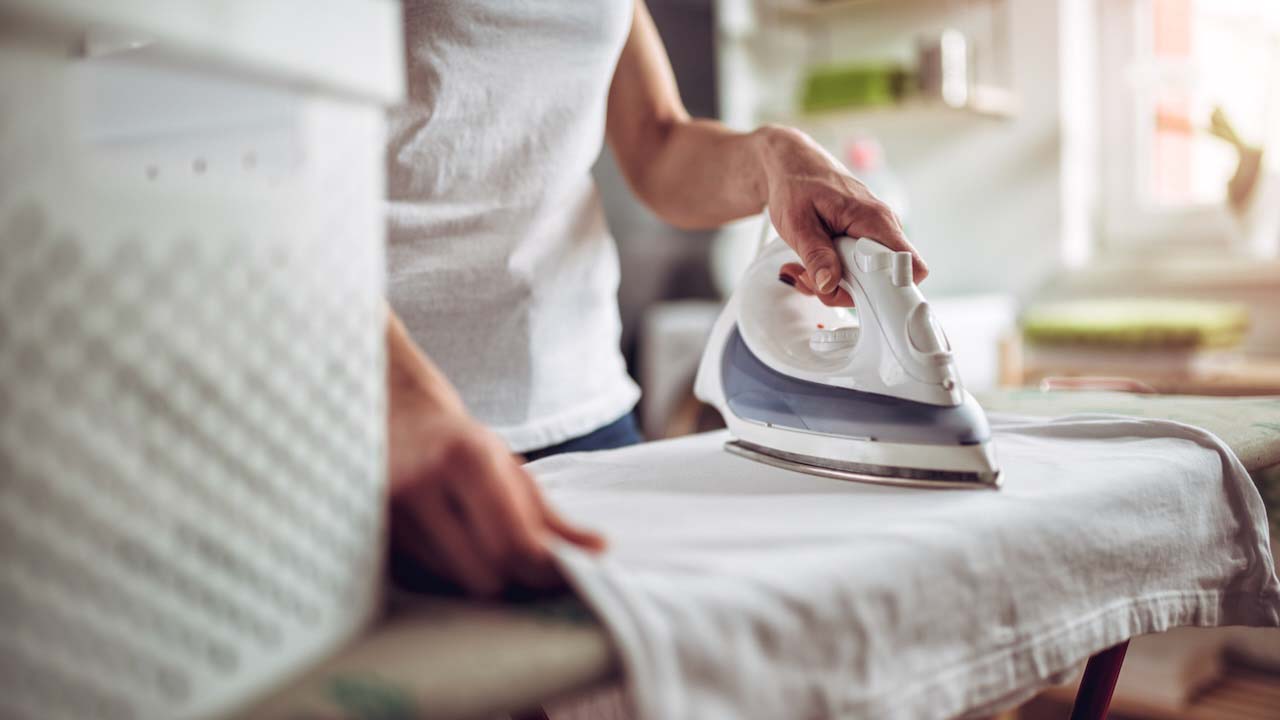
Because a scale-filled iron can ruin your clothes.